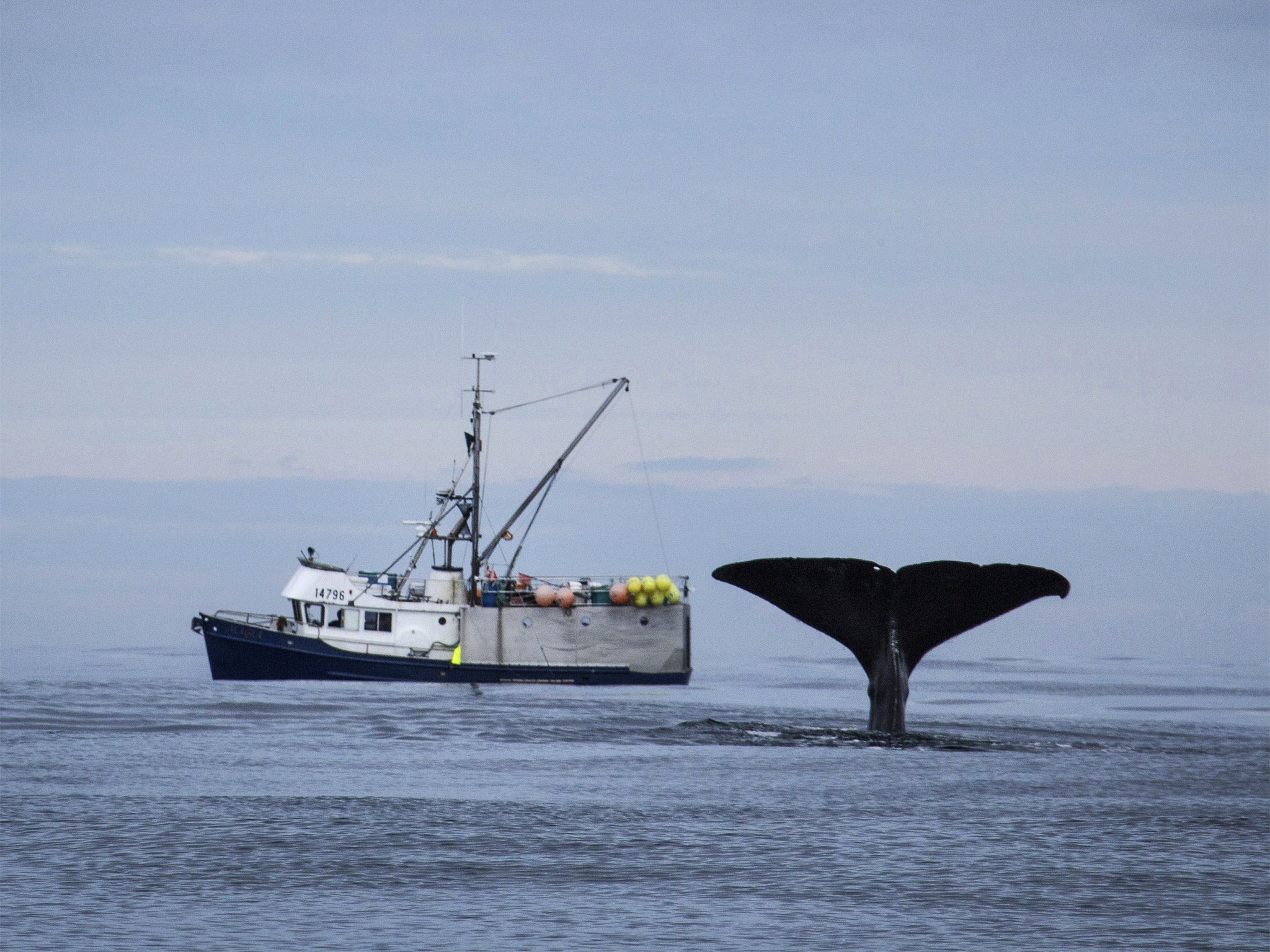Alaska: Earth's Frozen Kingdom, TV review: It's nice to watch animals get one over on humans
This beautiful new slice of natural history from the BBC focused on "America's last frontier" as it emerged from the hibernation of an arctic winter

Your support helps us to tell the story
From reproductive rights to climate change to Big Tech, The Independent is on the ground when the story is developing. Whether it's investigating the financials of Elon Musk's pro-Trump PAC or producing our latest documentary, 'The A Word', which shines a light on the American women fighting for reproductive rights, we know how important it is to parse out the facts from the messaging.
At such a critical moment in US history, we need reporters on the ground. Your donation allows us to keep sending journalists to speak to both sides of the story.
The Independent is trusted by Americans across the entire political spectrum. And unlike many other quality news outlets, we choose not to lock Americans out of our reporting and analysis with paywalls. We believe quality journalism should be available to everyone, paid for by those who can afford it.
Your support makes all the difference.Throughout history, man's battle for supremacy with the animal kingdom has been a fairly one-sided affair. From mink furs, to factory farming, Homo sapiens have generally come out on top in competition between the two.
So, a hearty well done then to the sperm whales of Alaska who are very much showing their human rivals a thing or two when it comes to canniness.
In Alaska: Earth's Frozen Kingdom, a beautiful new slice of natural history from the BBC, we learned that the 120 or so sperm whales known to be around the coast of the giant US state have realised that, rather than spend their days sperming about at the bottom of the ocean looking for food, all they have to do is find the fishing boats that can gather up hundreds of cod on a line and then simply wait for the fishermen to reel them in. Then the whales simply stick their gob on the line and pick off the fish as you might the meat on a shish kebab.
Sadly the whales' fiendishness in this regard is having a catastrophic effect on the livelihoods of the hardy fishermen, which obviously isn't great. But one can't help admire the two-fingers-up-ness of the whales' approach.
This fish thievery wasn't the sole reason to laud Alaska, though. This three-part look at "America's last frontier" – as narrator Dougray Scott had it – looked at the 49th state as it emerged from the hibernation of an arctic winter and moved through the seasons. The footage – as a result – was delirious. We witnessed a black bear as she emerged from the tree(!) she'd been hibernating in with her two young cubs, who we watched – at 12 weeks – climb down to life in springtime.
Then there was a sequence describing the life cycle of Alaska's billions of herrings, which began with a glacier riddled with minerals and ended with a pod of humpback whales using bubbles as a predatory device. Not only was the footage stunning – like the overhead shot of the herrings laying so much roe it changed the colour of the water – but the storytelling deceptively simple. Another fine addition to the NHU's Beatles-like reel of hits.
Join our commenting forum
Join thought-provoking conversations, follow other Independent readers and see their replies
Comments